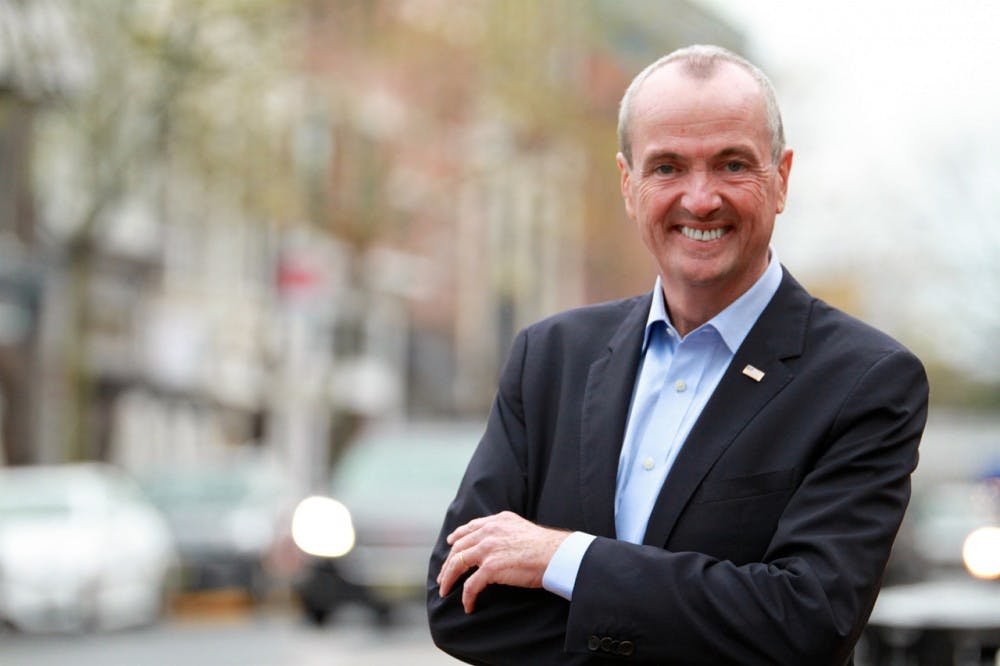This story was last updated on June 18 at 4:39 p.m. to reflect the Governor’s executive order.
New Jersey guidelines for reopening institutions of higher education will require that students wear masks in class, orientations include COVID-19 guidance, and campuses observe strict social distancing protocols, among other provisions.
An executive order released on June 18 states that on July 1, universities will be permitted to reopen in-person clinical, lab, and “hands-on” academic programming — subject to the submission of an institution’s restart plan. Career and training schools will also be permitted to reopen — subject to health protocols.
Universities must submit their restart plans to the office at least 14 days before any students or staff return to campus, according to Murphy.
On June 16, Dean for Research Pablo Debenedetti wrote to faculty, “I am pleased to announce the phased resumption of on-campus research.” According to his email, the University has transitioned from a Level 3 designation, in which only “essential” on-campus research is permitted, to a Level 2.
He added, “All work that can be done remotely must continue to be done remotely. The phased resumption pertains to experimental, laboratory work in science and engineering.”
As of 6 p.m. on June 17, the Office had not publicly released the full guidelines for higher education reopening, but Zakiya Smith Ellis, the Secretary of Higher Education, clarified some of its key points in a press conference.

“No student can be required to live on campus,” Smith Ellis said. In a normal year, 96 percent of students enrolled at the University live in on-campus housing.
With regard to mandatory face coverings, Smith Ellis said, “The basic minimum is that, yes, when you go to class, everyone will be masked, unless they have a reason not to be. In any situation where you can’t maintain social distancing at all, period, [the] Health Department has advised us that.”
Though Smith Ellis acknowledged that social distancing would alter the classroom space, she emphasized that every college must observe state-mandated provisions.
“If you’re in a smaller classroom that normally can only hold about 20 people, you’re literally going to need to go in there with a tape measure and measure 6 feet across and figure out how many people can be in that classroom space,” she said.

In practice, Smith Ellis added, this guidance means “most institutions are going to be continuing with some hybrid version of in-person and online.” She clarified that the state is not mandating that system, but the “practical realities” show that “full capacity in any space” will not be feasible.
In terms of dining hall experiences, Smith Ellis said colleges should avoid buffets, and “there should be Plexiglass.”
She added that orientations for students must include guidance for maintaining public health practices in light of COVID-19.
The University still plans to announce a policy for the fall 2020 semester in early July.
“The University is reviewing the guidance and assessing its impact on our planning and operations,” wrote University Spokesperson Ben Chang in an email to The Daily Princetonian. “These new guidelines will shape our decision-making regarding undergraduate instruction this fall, which we are still on track to announce in early July.”
Chang added that current policies pertaining to on-campus operations, including requirements for those who are able to work remotely to do so, will remain in place until further notice.








